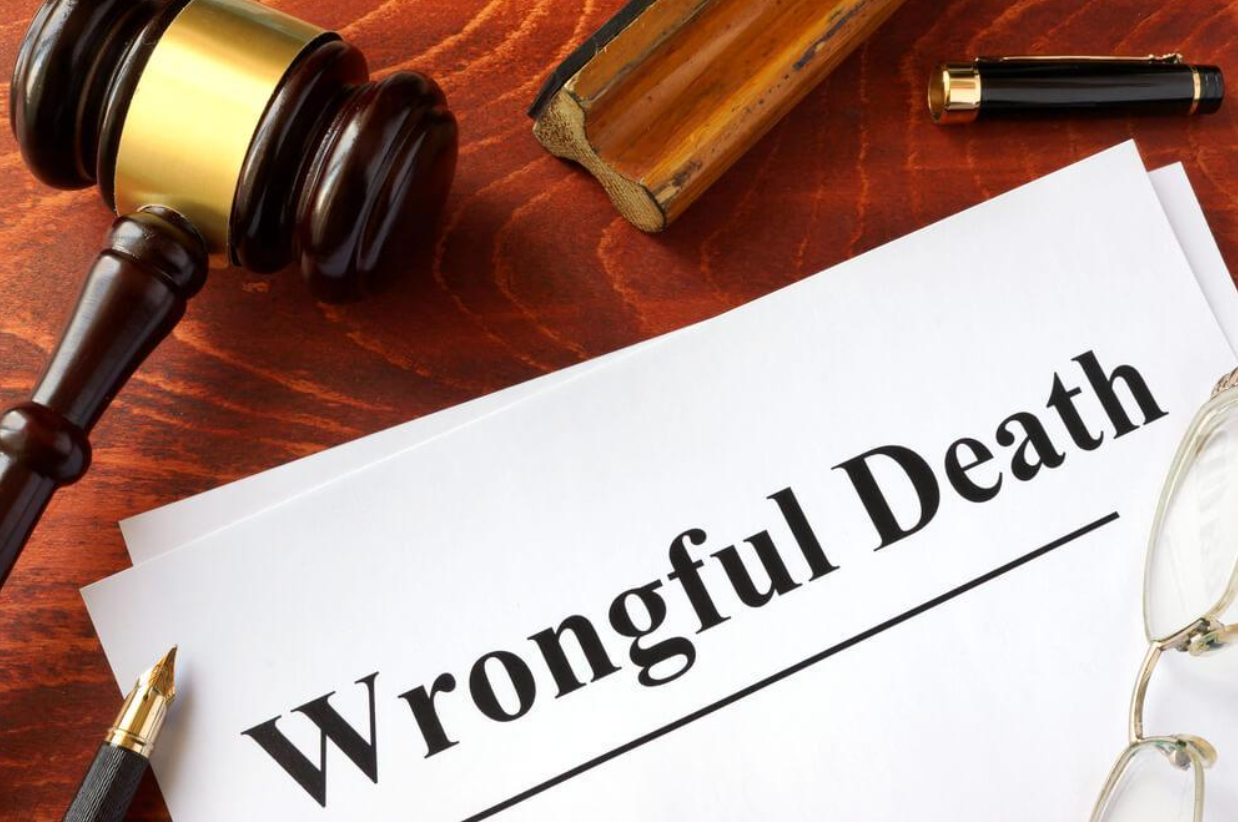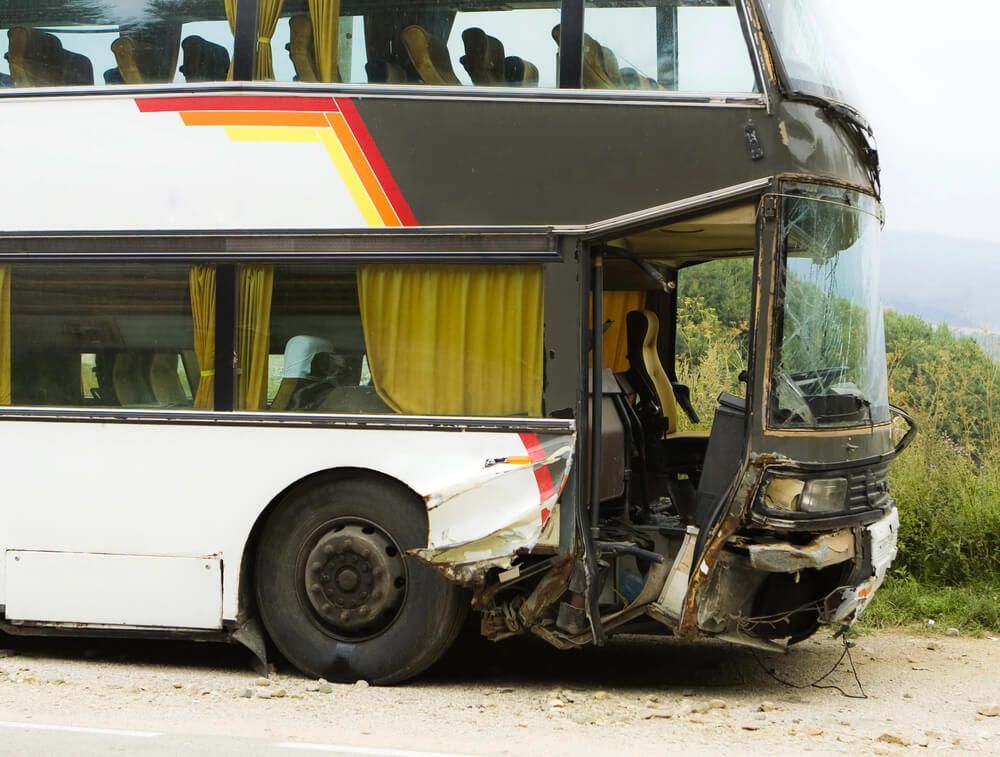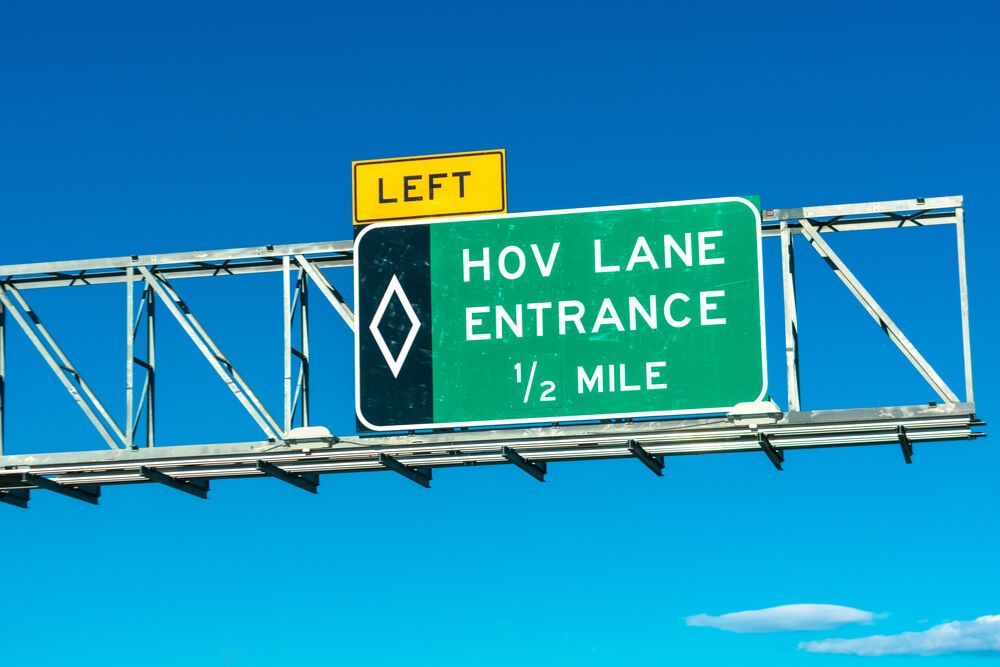Who Can Sue for Wrongful Death in Arizona?
Recent Blog Posts
Who Can Sue for Wrongful Death in Arizona?
If an accident takes a family member away from you, it is important to know who can sue for wrongful death. In Arizona, only certain family members or representatives of the deceased person can pursue legal action for a wrongful death. Understanding these restrictions will help you take the first steps toward seeking justice after a heartbreaking tragedy.
Can I Sue for My Family Member’s Wrongful Death?

Arizona legal statute 12-612 states that a surviving spouse, child or parent can pursue legal action for a wrongful death. An appointed personal representative of the deceased individual or their estate can also sue for wrongful death.
In most cases, the sibling of the deceased cannot sue for wrongful death. This also applies to other, more distant relatives such as cousins, aunts, uncles and even common-law spouses. There is an exception if a sibling or other normally excluded family member is the appointed legal representative or executor for the deceased’s estate.
How Does a Wrongful Death Settlement Work?
After you initiate legal action against the at-fault party for a loved one’s wrongful death, you bear the burden of proving that the other party breached their duty of care toward your loved one. In the case of a car accident, for example, all motorists owe each other a duty of care which they must uphold by obeying traffic laws and driving with due caution.
Once you establish the other party’s negligence and the fact that their negligence caused your loved one’s wrongful death, you can secure a financial settlement from them. The at-fault party’s insurance company will typically cover the settlement.
It is important to consult with your attorney before accepting a wrongful death settlement. Once you accept a settlement, you cannot seek additional compensation for the same wrongful death case. Make sure that the insurance company is not lowballing you and that the proposed settlement fully covers the damages your family suffered, including medical bills, loss of income and funeral costs.
If the insurance company does not offer a satisfactory settlement, it may be necessary to sue and take the case to court. If the judge rules in your favor, the at-fault party must provide the amount of compensation mandated by the court.
Is a Wrongful Death Lawsuit Different From a Survival Action?

While the two seem similar, a wrongful death lawsuit is different from a survival action. One of the main differences is the type of compensation each legal action provides. The other difference lies in who can sue for wrongful death and who can file a survival action.
Compared to a survival action, a wrongful death claim entails pursuing compensation for the suffering and loss that occurs when a loved one passes away. The types of damages you can claim in a wrongful death lawsuit include:
- Emotional pain and suffering
- Loss of companionship
- Funeral expenses
- Expected future income
Survival action refers to the losses the deceased would incur if they survived the accident. It is common to think of a survival action as being a personal injury claim you file on behalf of the deceased. With that in mind, the types of damages you can pursue in a survival action include:
- Medical costs
- Lost income during treatment
- Property damage
- The deceased’s pain and suffering
There are restrictions on who can file a wrongful death claim, but survival action is even more strict. Only the executor or legal representative of the deceased’s estate may file a survival action on behalf of that estate. This is typically an individual named in the deceased’s will.
Is Wrongful Death a Civil or Criminal Claim?
Wrongful death is a civil charge. This means that when you file a wrongful death lawsuit, you are pursuing financial compensation for the other party’s negligence. Even if the court deems that the other party is responsible for your loved one’s death, they will not face jail time or any other criminal charges.
The reason why the law classifies wrongful death as a civil matter is because the at-fault party did not act with intent to kill. Wrongful death claims focus on negligence rather than intent, and the party guilty of negligence owes compensation to the affected individuals. Investigations in which intent is a factor will instead escalate to a criminal homicide case.
How Long Does a Wrongful Death Lawsuit Take?

A wrongful death lawsuit can take several months to a few years to resolve. This is because there are multiple steps and legal processes that all involved parties must abide by. It is possible to streamline the process by accepting a settlement without going to trial, but even if you receive a favorable offer, be prepared for the legal action to take up to a year from start to finish.
The phases that a wrongful death lawsuit must go through before resolving are:
- Discovery: The process of exchanging evidence between parties so each side can build a fair case
- Negotiation: Before going to court, this phase provides an opportunity to negotiate or mediate a settlement and resolution without the need for a trial
- Trial: If the case goes to trial, the need to schedule additional hearings and hear multiple witnesses will prolong the process, and there is also the possibility of appeals afterward
It can be difficult to endure a long wrongful death case, especially while you are mourning the death of a loved one. The Phoenix wrongful death lawyers at Sargon Law Group can help at every step of the process and bear much of the burden of your legal case while you mourn and recover.
Contact Sargon Law Group If You Sue for Wrongful Death
Filing a wrongful death lawsuit is a daunting prospect without the right legal team at your side. The wrongful death attorneys at Sargon Law Group proudly represent Arizona families in Glendale, Peoria and all across Maricopa County.
We can help you understand who can sue for wrongful death and explore other options with you if you feel restricted by the law. Contact us today for a free consultation with our Phoenix accident lawyers and to learn more about how we can help you achieve the best outcome in a difficult time.





